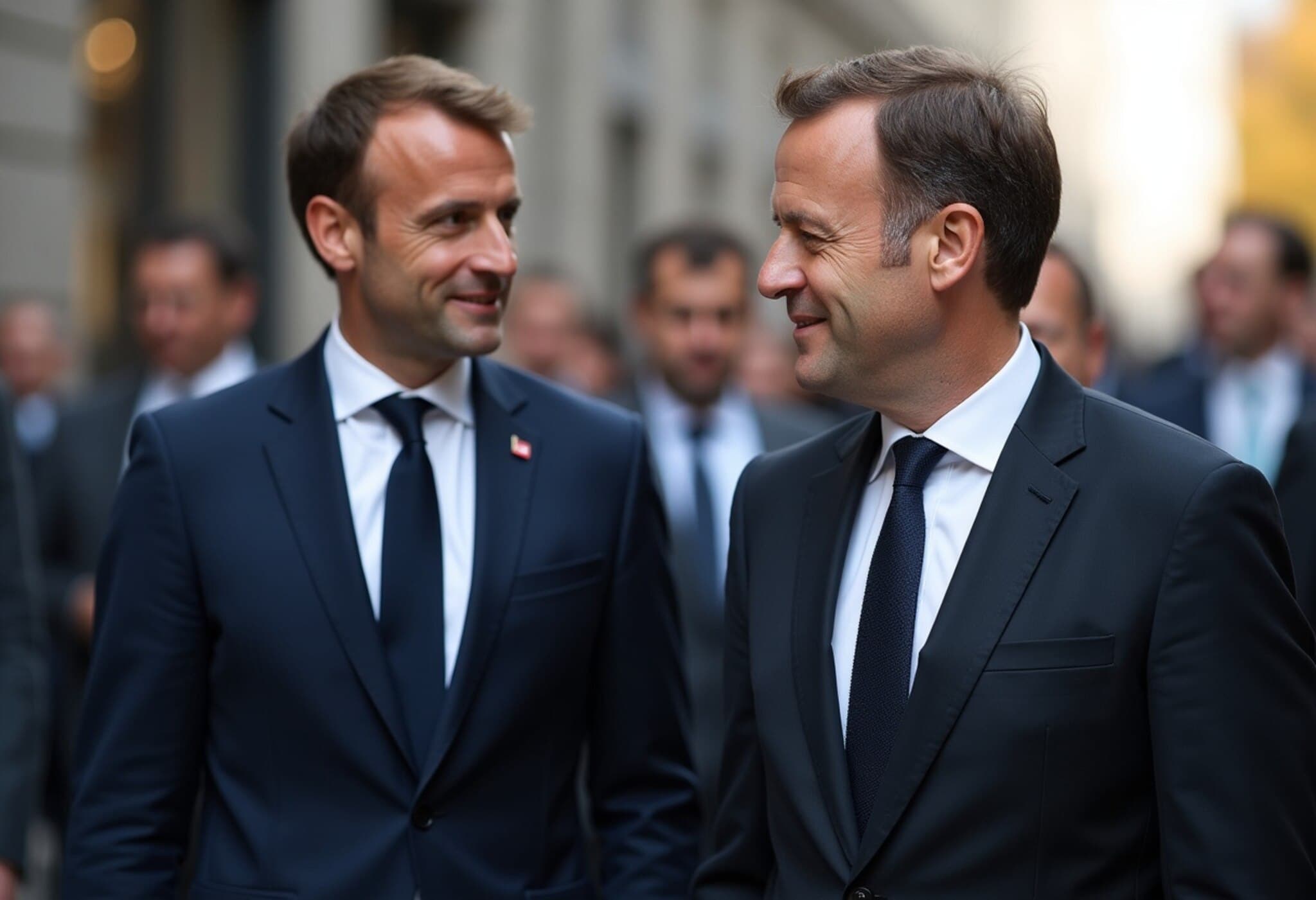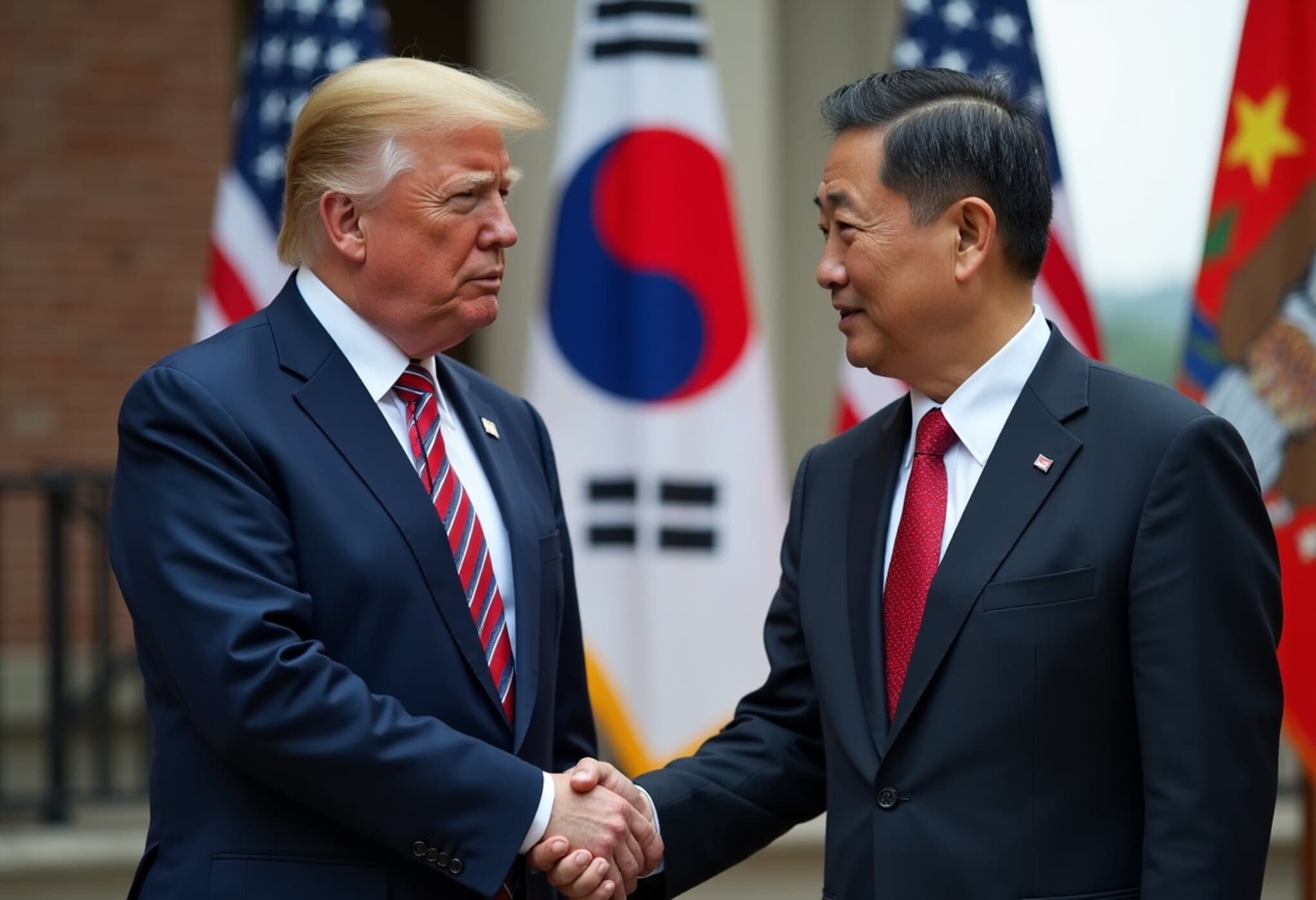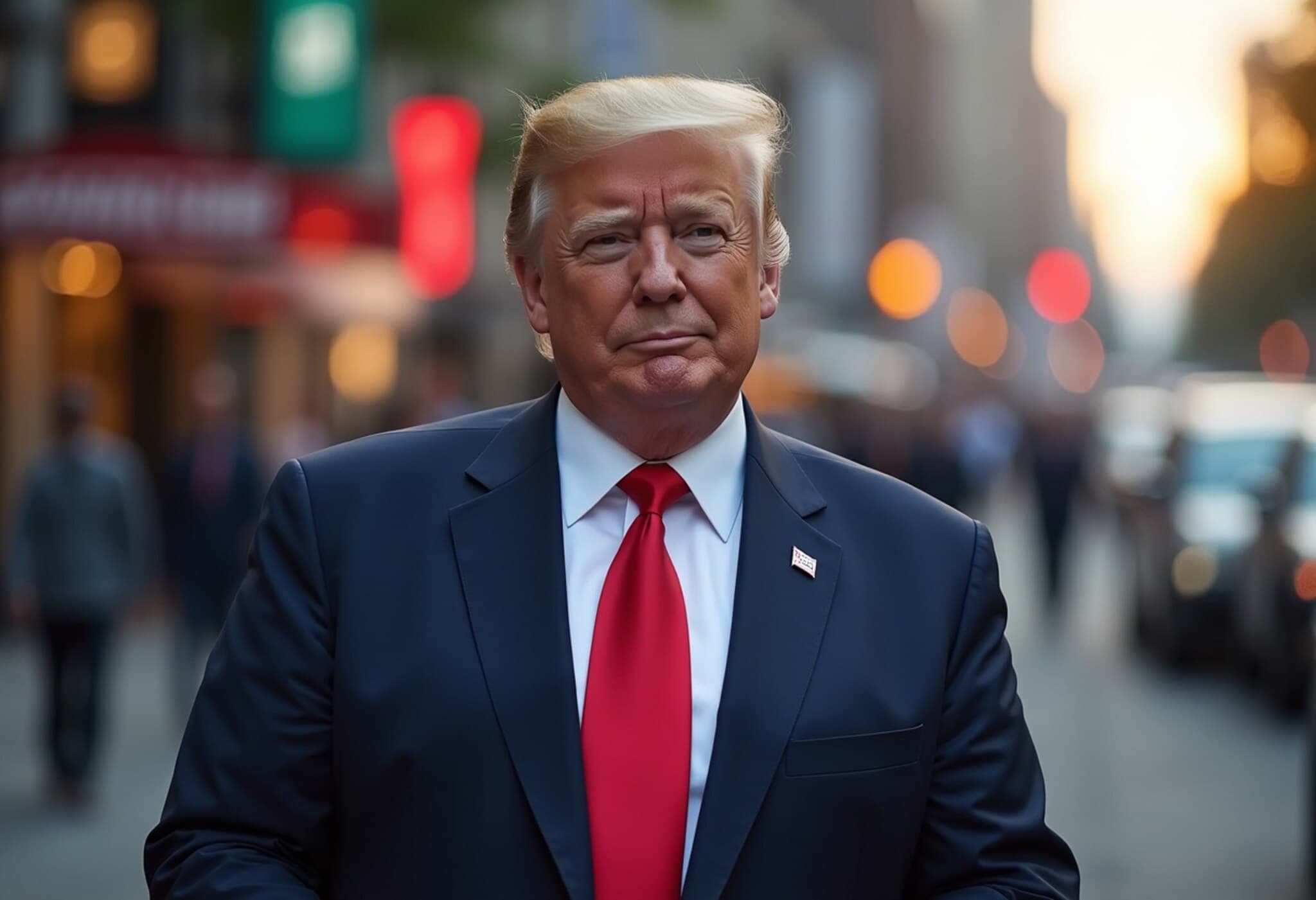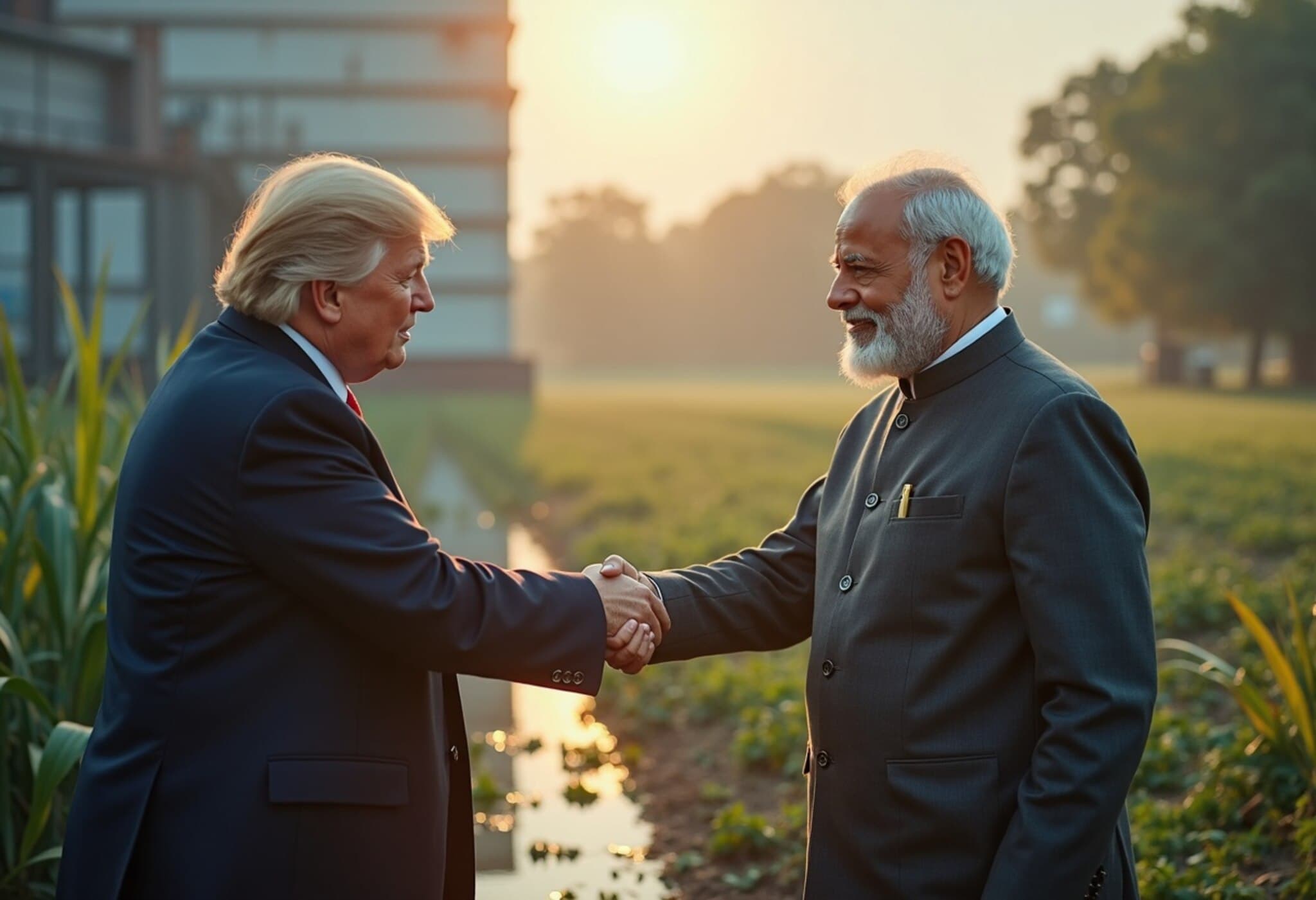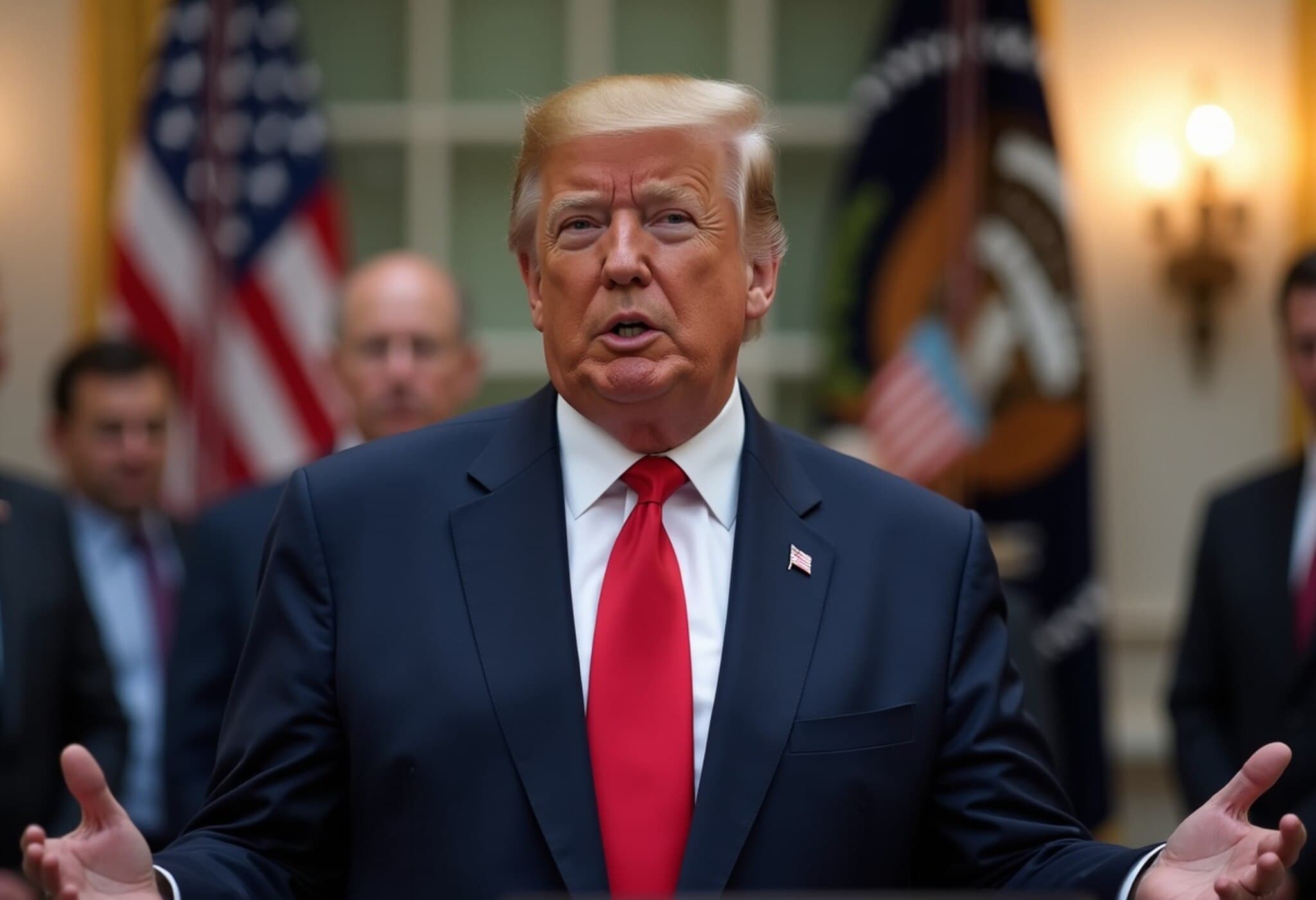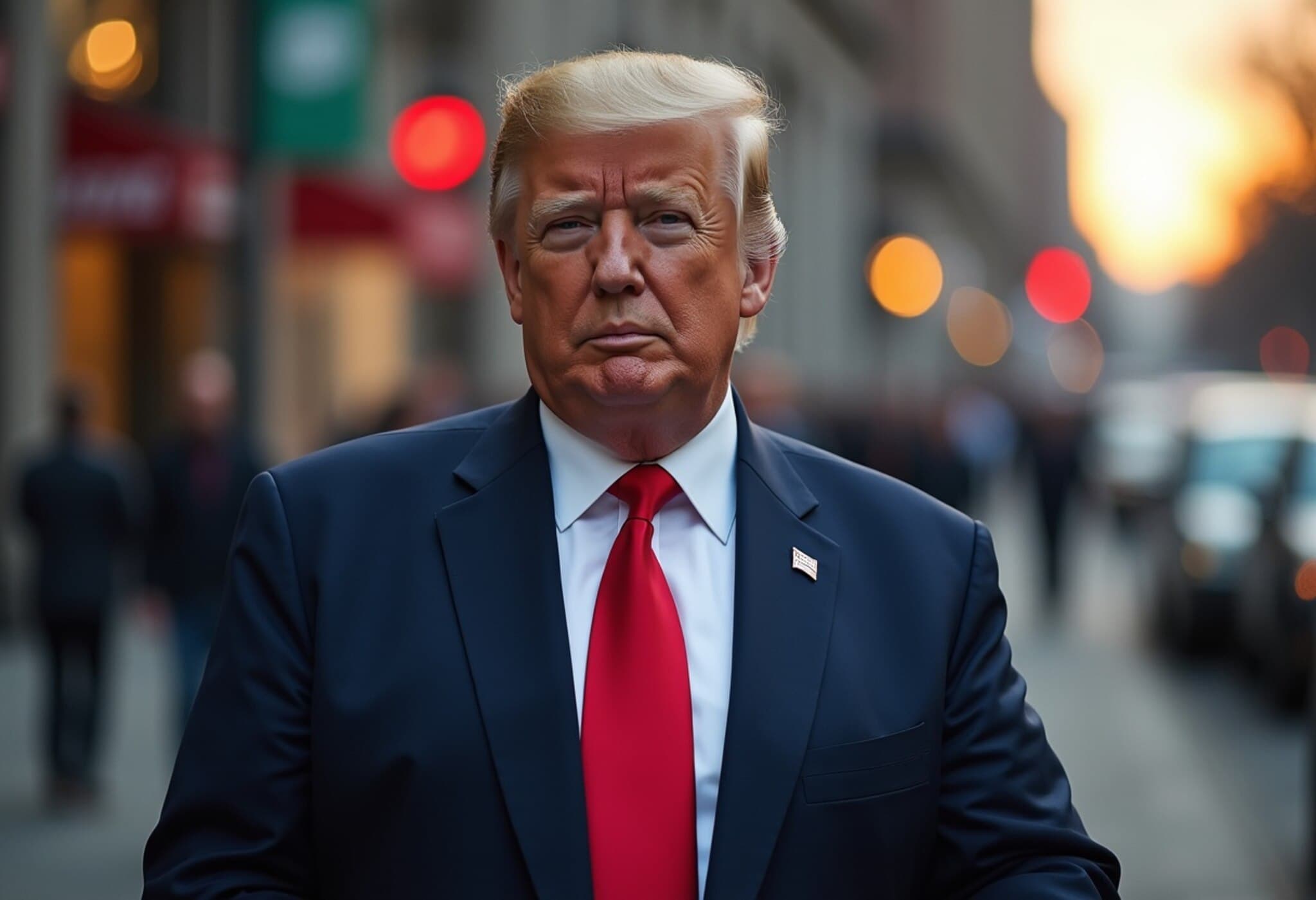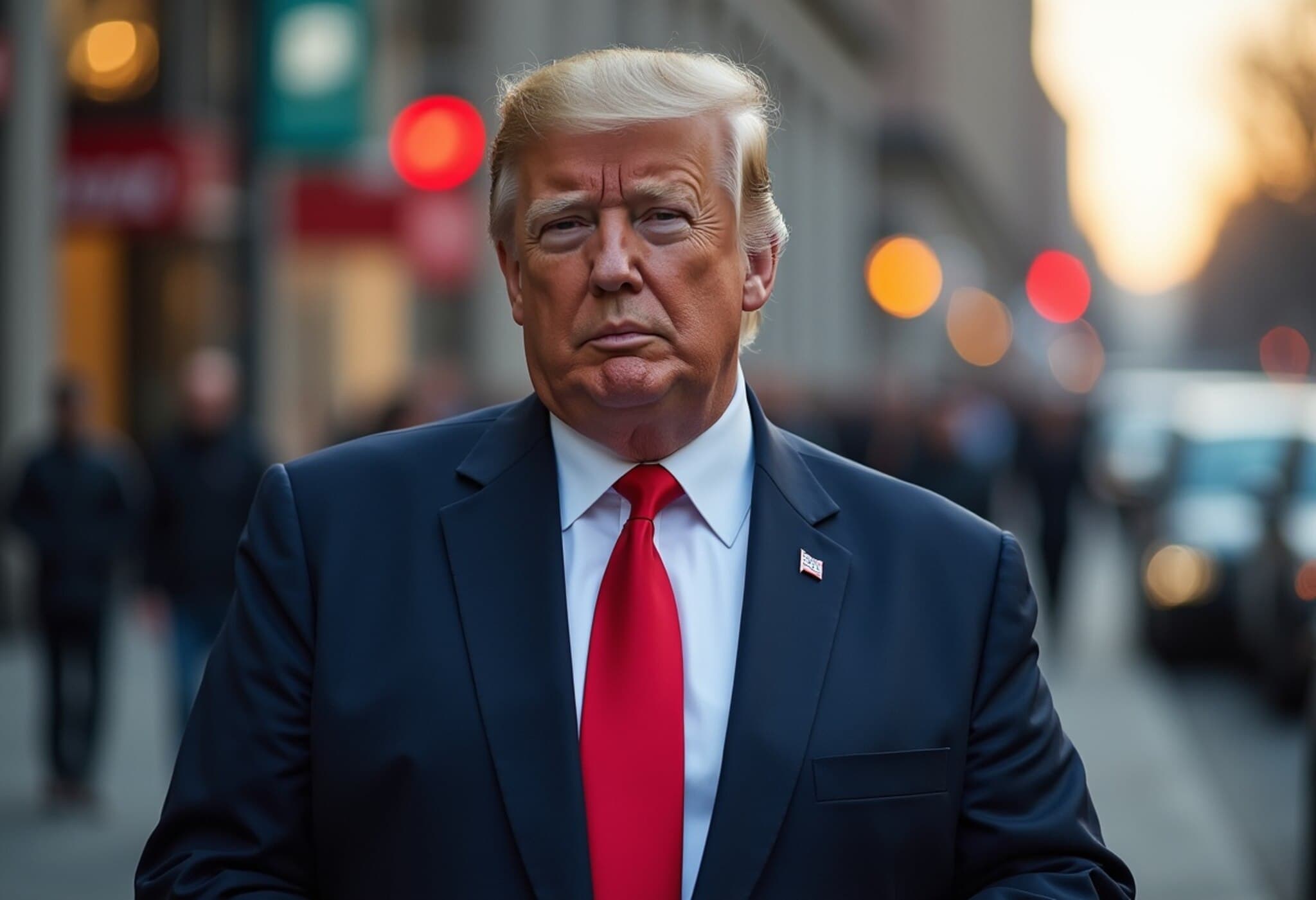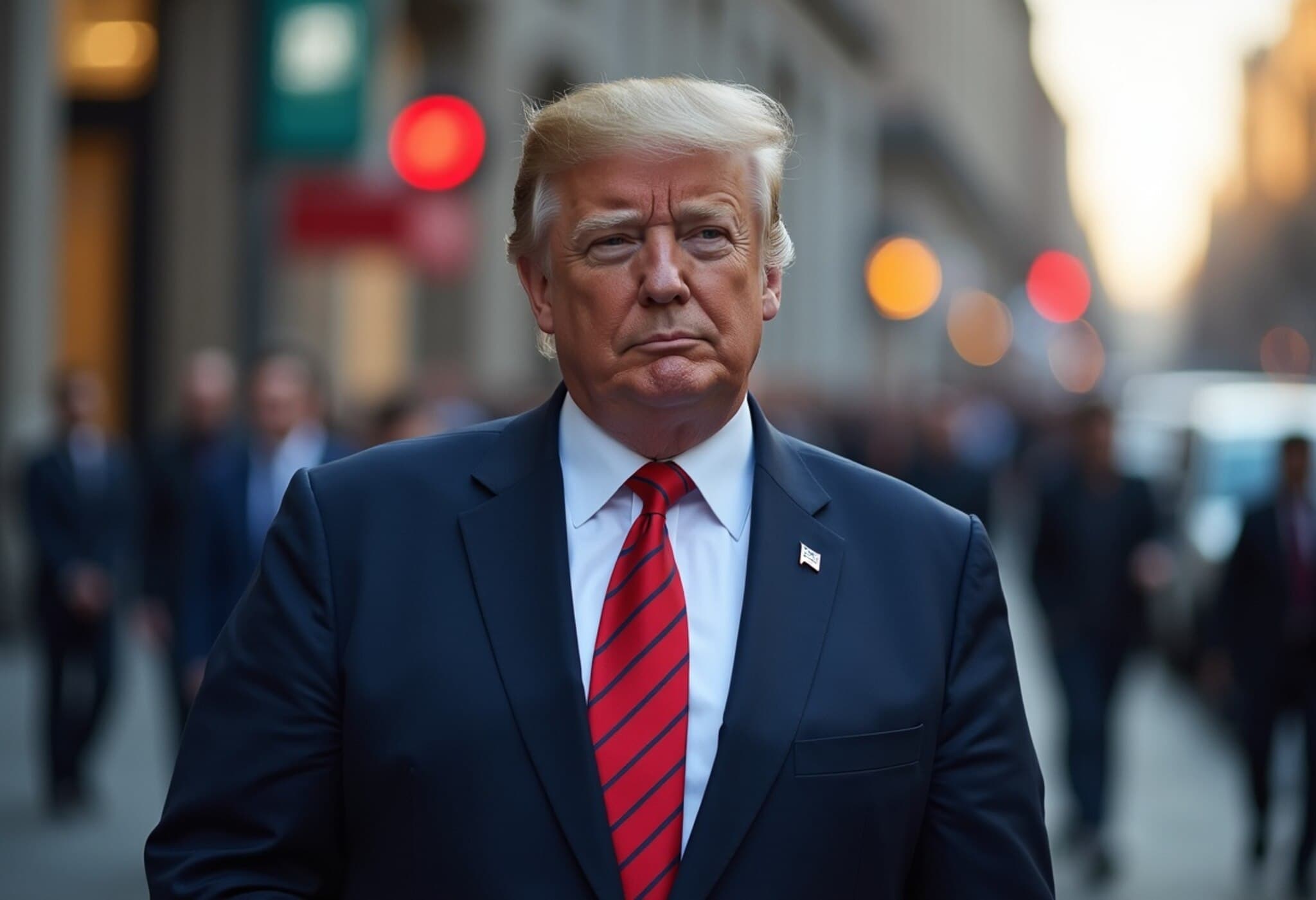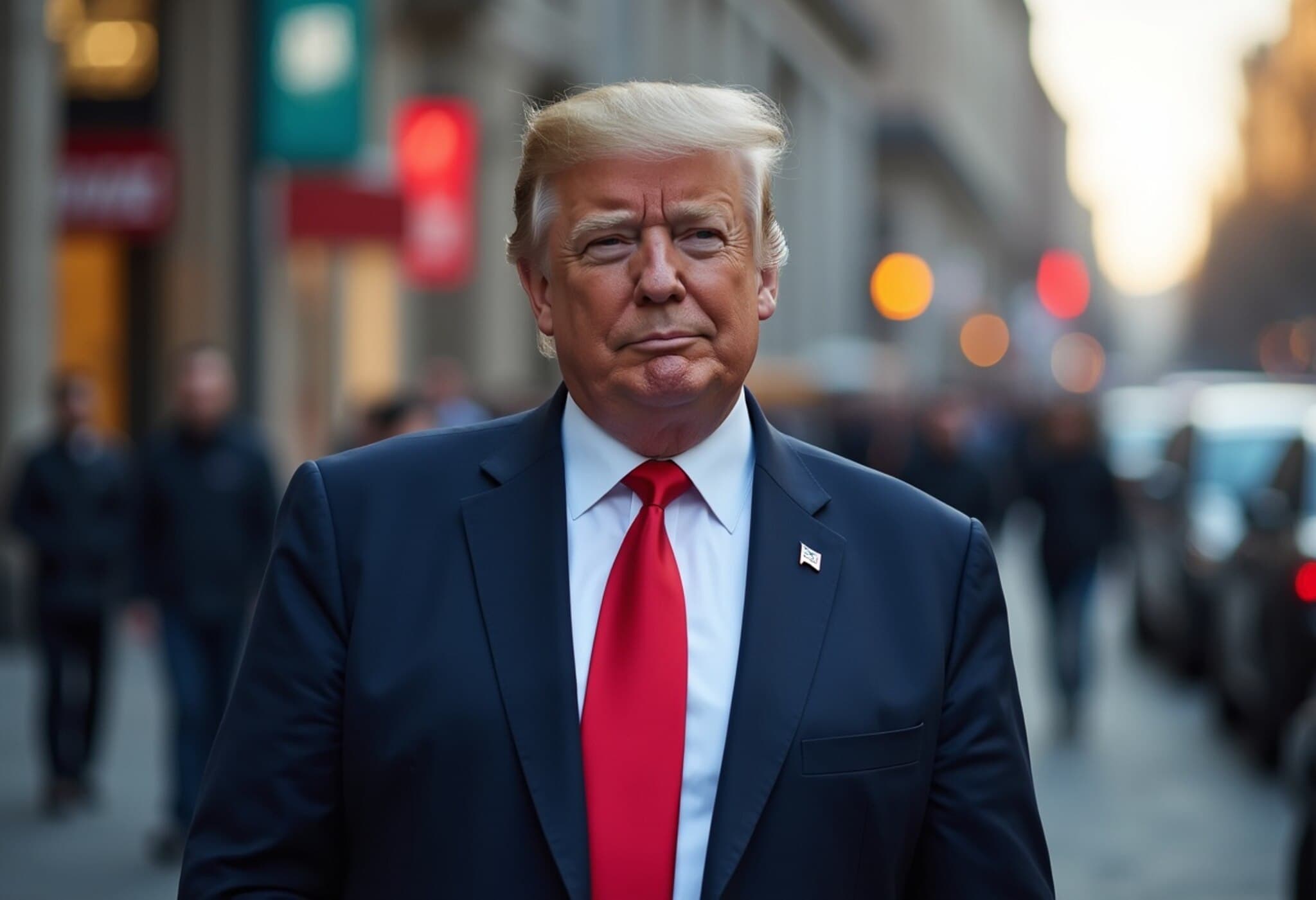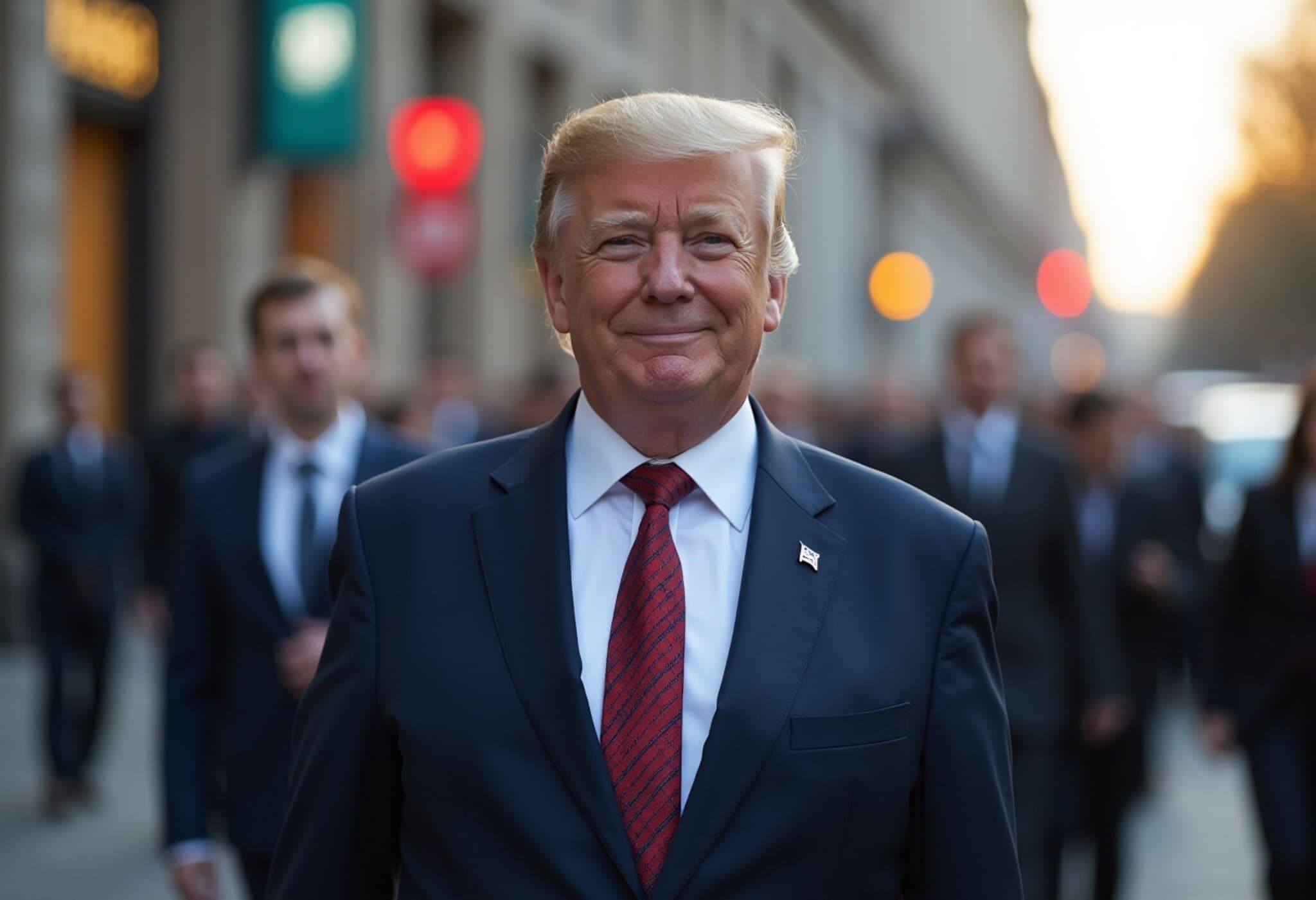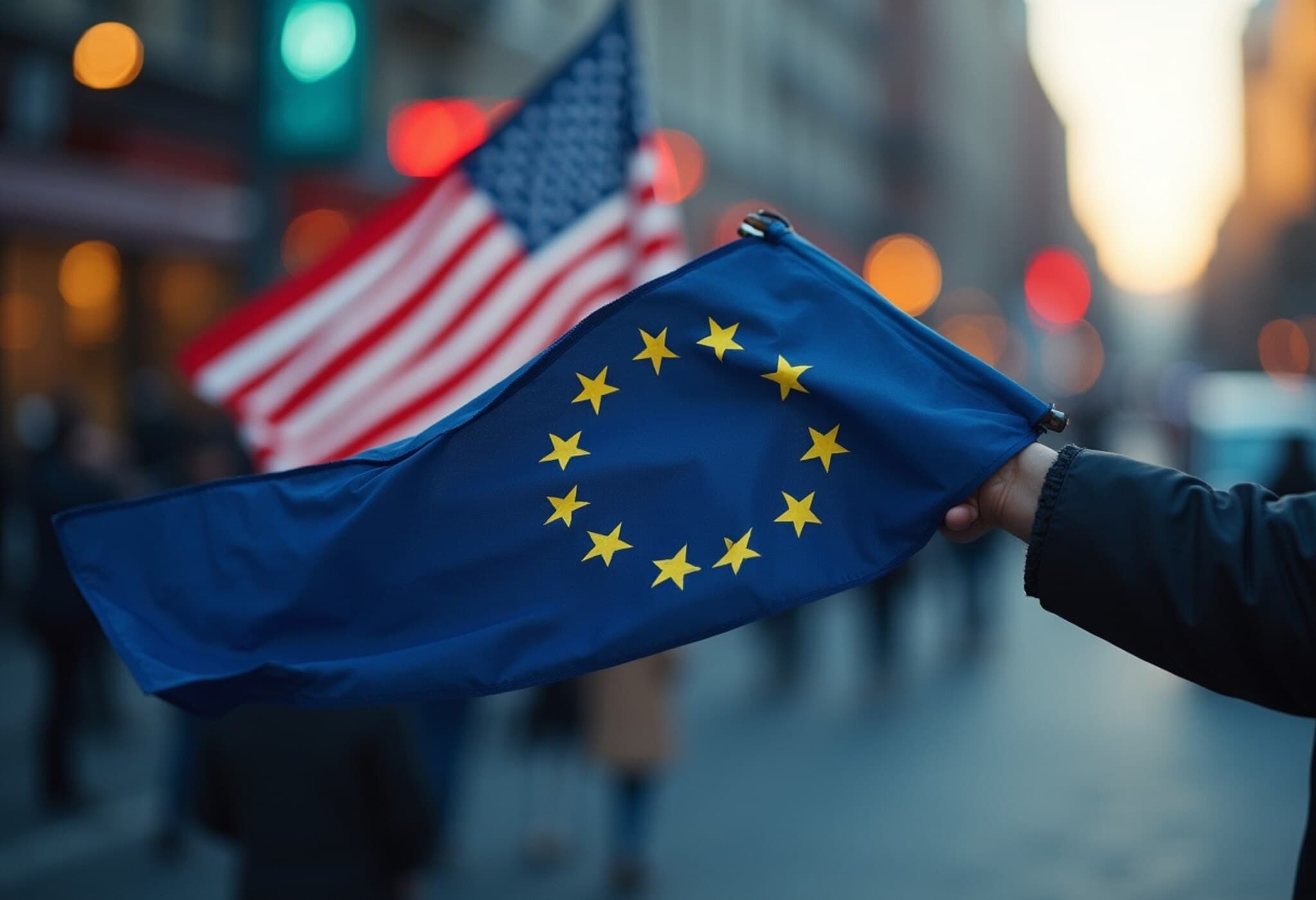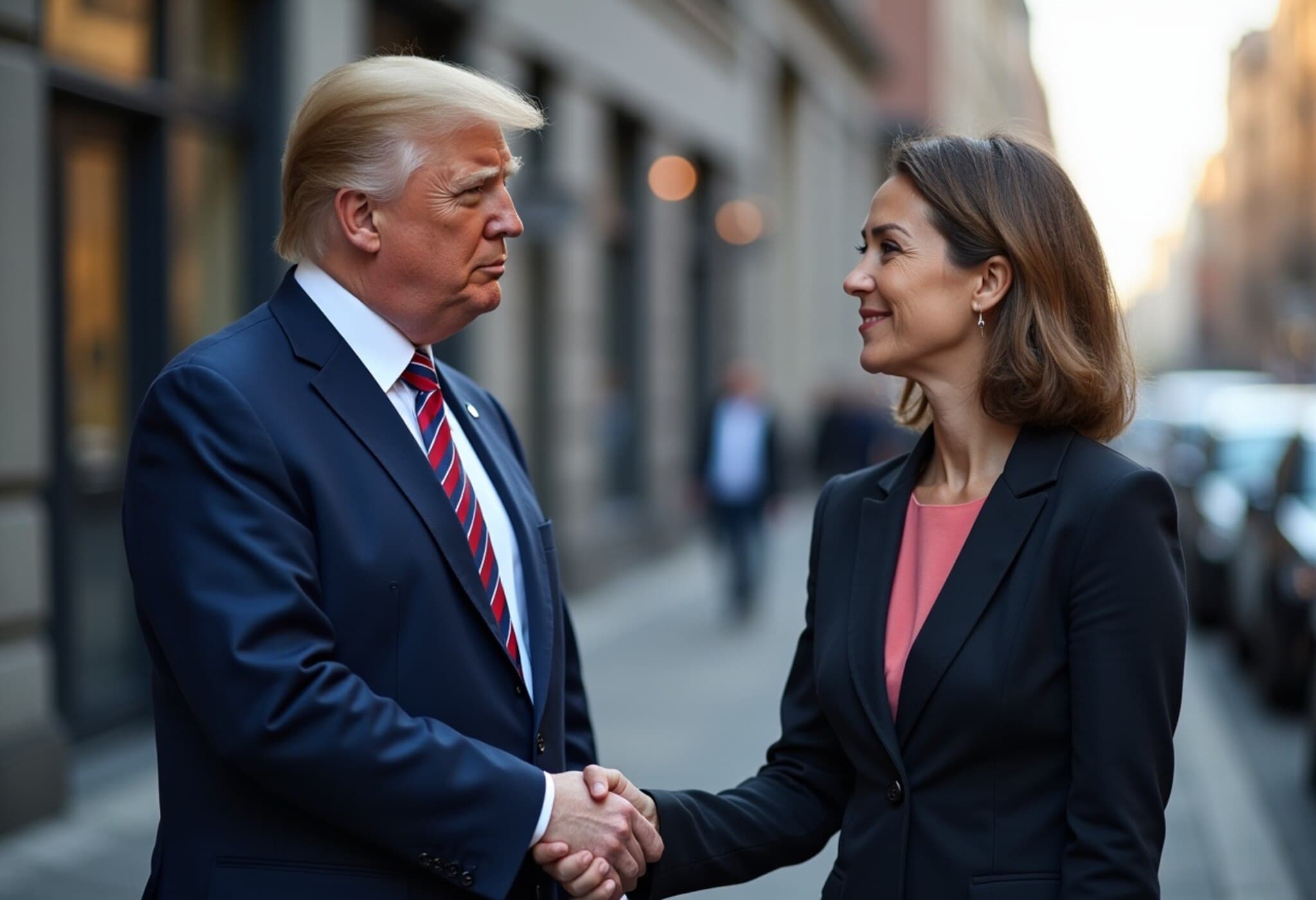Macron and Merz Convene in Berlin as EU Prepares for Major Trade Retaliation
In a critical diplomatic engagement on July 23, 2025, German Chancellor Friedrich Merz welcomed French President Emmanuel Macron to Berlin for high-stakes talks centered around the escalating transatlantic trade tensions between the European Union and the United States. The meeting took place in the historic library of Villa Borsig, a prominent guesthouse of the German Foreign Ministry, underscoring the significance of the conversation for future European trade strategy.
Trade Policy Discussions Gain Urgency
Chancellor Merz expressed cautious optimism as he spoke on Wednesday, highlighting the ongoing talks between EU and US negotiators currently convening in Washington. “We are hearing in these minutes that there could possibly be decisions on trade policy,” Merz noted, signaling the possibility of imminent breakthroughs amid mounting pressure.
The backdrop to this diplomatic engagement is a looming US threat under President Donald Trump’s administration: a proposed 30% tariff on European goods if no agreement is reached by August 1. This aggressive stance has pushed the EU to weigh significant countermeasures strategically.
EU’s Strategic Response: $100 Billion in Counter-Tariffs
The European Union has diligently pursued dialogue with Washington to steer the dispute towards resolution. Meanwhile, Brussels is simultaneously preparing a robust arsenal of retaliatory tariffs valued at over $100 billion. This move aims to safeguard EU industries and send a firm message about the bloc’s readiness to defend its economic interests.
Indicative of the intricate negotiations underway, EU Trade Commissioner Maros Sefcovic engaged in talks with US Commerce Secretary Howard Lutnick on Wednesday afternoon—an essential dialogue that followed public signals of potential decisive actions from the EU side.
US Officials Signal Progress Amid Tensions
On the US side, Treasury Secretary Scott Bessent offered a cautiously hopeful perspective during a Bloomberg Television interview. Describing the talks as “better than they had been,” Bessent remarked, “I think that we are making good progress with the EU,” suggesting that despite the high stakes, negotiators may be inching towards a compromise.
The Bigger Picture: Transatlantic Relations at a Crossroads
This confrontation encapsulates more than just tariff lines—it reflects deeper tensions in transatlantic economic policy post-pandemic and amidst shifting geopolitical landscapes. Trade disputes like this one not only impact billions in goods but also influence strategic alliances and future cooperation in areas like technology, security, and climate policy.
Within the EU, the unity demonstrated by Macron and Merz is telling. France and Germany’s leadership in trade debates often sets the tone for the entire bloc, and their united front likely aims to bolster EU negotiating power while reassuring domestic industries vulnerable to US tariffs.
Underreported Elements and Critical Questions
- What sectors would be most affected? Beyond steel and aluminum—which are typically at the center of such disputes—how might automotive, agricultural, and technology industries fare if tariffs escalate?
- Long-term impact on US-EU relations: Could persistent trade conflicts erode the historic ‘special relationship’ and shift alliances towards Asia or within new trade frameworks?
- Domestic political pressures: How do internal politics within the EU and US shape negotiators’ willingness to compromise?
Looking Ahead
As August 1 approaches, the global economic community watches closely. Will dialogue prevail, or will the threatened tariffs ignite a prolonged trade war with lasting repercussions? The outcome will inevitably affect not just policymakers but also consumers, manufacturers, and workers on both sides of the Atlantic.
Editor’s Note
The Macron-Merz meeting symbolizes a pivotal moment in managing transatlantic trade frictions. Their discussions reflect a broader struggle to balance economic assertiveness with diplomatic pragmatism in an increasingly complex global environment. Observers and stakeholders alike should monitor whether the EU’s tariff threat remains a deterrent or escalates tensions further—highlighting the delicate interplay between protectionism and cooperation in 21st-century trade relations.

